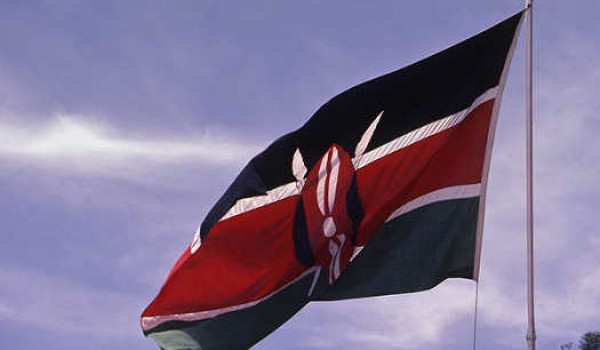Kenya has kicked off its fourth Eurobond offer with a promise to review the size of the economy later in the year through a rebasing similar to the one conducted in 2014.
The expected resultant higher GDP figures will help improve Kenya’s debt-to-GDP ratios and can, therefore, be applied by the country to justify the capacity to carry a larger debt load.
In a preliminary offer document for the issuance of a Eurobond whose roadshows the Treasury kicked off on Tuesday, the government said the rebasing will give an accurate reflection of the structure and size of the Kenyan economy.
Kenya rebased its economy in September 2014, revising the base year to 2009 from 2001 previously, which grew the GDP per capita from $994 to $1,256 and catapulted the country to middle-income status.
Overall, the exercise pushed the size of the economy up by 25.4 percent, putting the GDP figure for 2013 at Sh4.75 trillion from the earlier estimate of Sh3.8 trillion.
According to the latest National Economic Survey from the bureau of statistics, Kenya’s economy was valued at Sh9.7 trillion as at the close of December 2019.
“The rebasing in 2014 allowed the Government to account for changes in the production structure, relative to product prices and products. These measures have led to changes in the size of GDP, growth rates, contributions by sector, and related indicators that use GDP. The next rebasing is expected to take place later in 2021,” the Eurobond document states.
The rebasing in 2014 helped Kenya overtake countries such as Ethiopia, Tunisia, and Ghana and claim position nine in the list of largest economies in Africa from the previous 12th slot. The country also jumped about 10 spots globally from position 87, overtaking nations such as Guatemala, Bulgaria, Costa Rica, and Lebanon.
If the rebasing is done this year, it will be the seventh time Kenya’s economy will be undergoing the exercise, with previous ones in 1957, 1967, 1976, 1985, 2005, and 2014.
“The UN Statistical Commission recommends that countries rebase every five years. Rebasing enables economic estimates to better account for the current structure of the economy and sectoral growth drivers and to better reflect the performance of the most important parts of the economy,” adds the Treasury in the Eurobond document.
The Treasury has picked global financial services firms Citi and JPMorgan as lead underwriters for the Eurobond IV loans, while I&M Bank and NCBA Group will be the local financial […]
